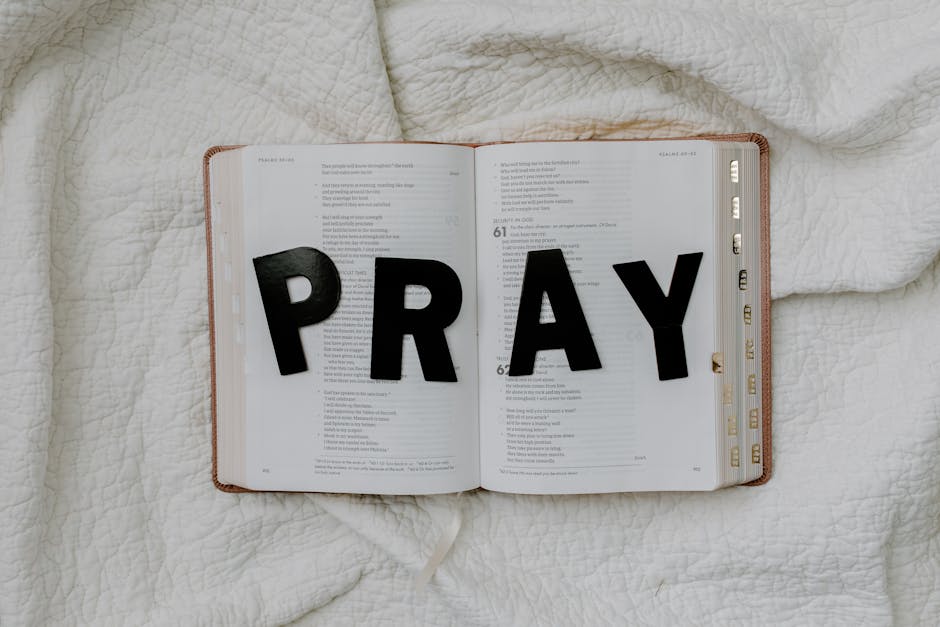Faith in Challenging Times: Navigating Uncertainty with Belief
In times of crisis, uncertainty, and adversity, faith can be a guiding light that provides solace, strength, and hope. Whether it is personal challenges, global pandemics, economic downturns, or social unrest, faith in something greater than ourselves can offer a sense of purpose and resilience. But what does it mean to have faith in challenging times? How does faith manifest in the face of adversity? In this comprehensive guide, we will delve deep into the concept of faith in challenging times, exploring its various dimensions, implications, and applications.
The Power of Belief: Understanding Faith

At its core, faith is the belief in something beyond the tangible, the conviction that there is meaning, order, and purpose in the universe. While faith is often associated with religious beliefs, it can transcend traditional boundaries and manifest in various forms. Whether it is faith in a higher power, in oneself, in humanity, or in the fundamental goodness of the world, faith serves as a pillar of support in challenging times.
Throughout history, faith has been a driving force that has inspired individuals, communities, and nations to endure hardships and overcome obstacles. From the biblical accounts of unwavering faith to the stories of resilience in the face of persecution, faith has been a beacon of light in the darkest of times.
The Role of Faith in Resilience

Research has shown that faith can play a significant role in building resilience against adversity. Studies have demonstrated that individuals with strong religious or spiritual beliefs are better equipped to cope with stress, trauma, and grief. The sense of connection, purpose, and hope that faith provides can bolster one’s psychological well-being and emotional stability.
Moreover, faith can cultivate a sense of community and belonging, fostering social support networks that offer comfort and solidarity in times of need. Whether through prayer, meditation, or communal worship, faith-based practices can serve as coping mechanisms that help individuals navigate the complexities of life’s challenges.
Challenges to Faith: Doubt, Disbelief, and Skepticism

While faith can be a source of strength and comfort, it is not immune to challenges and uncertainties. Doubt, disbelief, and skepticism can test one’s faith, raising existential questions and casting shadows of uncertainty. In times of crisis, when faced with suffering, injustice, or tragedy, individuals may grapple with the paradox of belief in a benevolent higher power amidst the presence of evil and suffering.
Moreover, the diversity of beliefs and the plurality of faith traditions can lead to clashes, conflicts, and misunderstandings that challenge the very foundations of faith. In a world marked by religious extremism, intolerance, and fundamentalism, faith can be a double-edged sword that both unites and divides communities.
Finding Meaning and Purpose Through Faith

Despite the challenges and uncertainties that faith may entail, many individuals find meaning, purpose, and fulfillment through their beliefs. Whether it is through acts of compassion, service to others, or seeking transcendence through prayer and meditation, faith can inspire individuals to live with intention and integrity.
Moreover, faith can provide a moral compass that guides one’s actions and decisions, fostering virtues such as compassion, forgiveness, and humility. In a world marked by moral relativism, materialism, and individualism, faith can offer a counterbalance that reminds us of our interconnectedness and shared humanity.
Faith in Action: Social Justice, Activism, and Service
One of the most powerful expressions of faith in challenging times is through social justice, activism, and service. Many faith traditions emphasize the importance of compassion, justice, and equality, calling upon their followers to advocate for the marginalized, oppressed, and vulnerable in society.
From the civil rights movement led by Reverend Martin Luther King Jr. to the humanitarian work of Mother Teresa, faith has been a driving force that has propelled individuals to take a stand against injustice and oppression. By embodying the principles of love, compassion, and solidarity, faith can inspire transformative change in the world.
Cultivating Faith in Challenging Times: Practices and Rituals
In times of crisis and uncertainty, it is essential to cultivate and nourish our faith through practices and rituals that sustain our spiritual well-being. Whether it is through prayer, meditation, mindfulness, or community worship, engaging in faith-based practices can deepen our connection to something greater than ourselves.
Moreover, seeking guidance from spiritual leaders, mentors, or counselors can provide support and guidance in navigating the complexities of faith in challenging times. By fostering a sense of trust, openness, and vulnerability, individuals can embark on a journey of self-discovery and growth that enriches their faith experience.
Embracing Diversity: Interfaith Dialogue and Understanding
As our world becomes increasingly interconnected and diverse, it is essential to embrace dialogue, understanding, and cooperation among different faith traditions. Interfaith dialogue can foster mutual respect, tolerance, and cooperation, creating a space for shared values, beliefs, and aspirations to flourish.
By engaging in conversations that transcend religious, cultural, and ideological boundaries, individuals can build bridges of understanding and empathy that transcend differences and promote harmony in a fractured world. Through interfaith collaboration, we can harness the collective power of faith to address pressing global challenges and build a more inclusive and compassionate society.
Common Misconceptions About Faith in Challenging Times
One common misconception about faith in challenging times is that it is a sign of weakness or naivety. In reality, faith is a source of strength, resilience, and hope that empowers individuals to face adversity with courage and grace. Another misconception is that faith is exclusive to religious beliefs, overlooking the diverse forms of faith that can manifest in various aspects of life.
Moreover, the notion that faith is static and unchanging fails to capture the dynamic and evolving nature of faith, which can adapt and grow in response to life’s challenges and uncertainties. By dispelling these misconceptions and embracing the complexity and richness of faith, we can cultivate a deeper understanding and appreciation for the role of faith in challenging times.
Conclusion
In conclusion, faith in challenging times serves as a beacon of light that guides us through the darkness, offering solace, strength, and hope in the face of adversity. Whether through acts of compassion, social justice, or spiritual practices, faith can inspire individuals to live with intention, integrity, and compassion.
As we navigate the complexities of life’s challenges, let us embrace the transformative power of faith to foster resilience, connection, and purpose in a world marked by uncertainty and change. By cultivating a deep and abiding faith that transcends boundaries and divisions, we can forge a path of unity, compassion, and solidarity that enriches our lives and transforms our world.
To wrap things up, faith in challenging times is not just a belief; it is a way of being, a source of strength, and a beacon of hope that sustains us through life’s trials and tribulations. Let us hold onto faith as a guiding light that illuminates our path, inspires our actions, and sustains our spirits in times of need. May we find courage, comfort, and clarity in the embrace of faith, and may it lead us towards a future filled with compassion, justice, and love.




